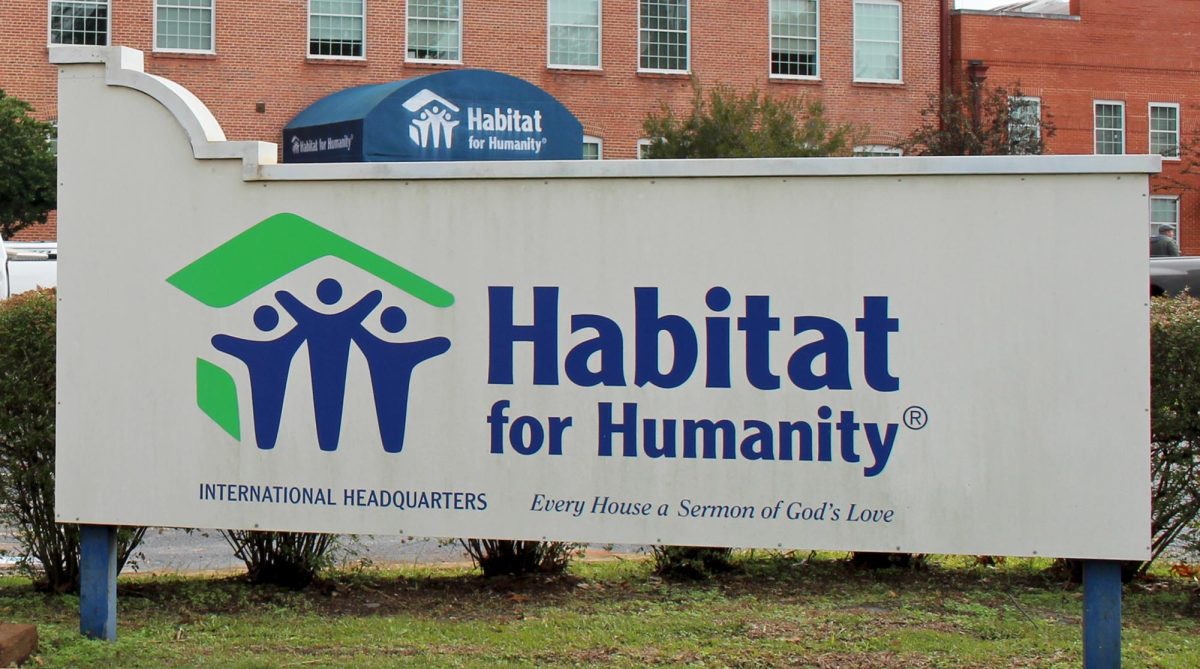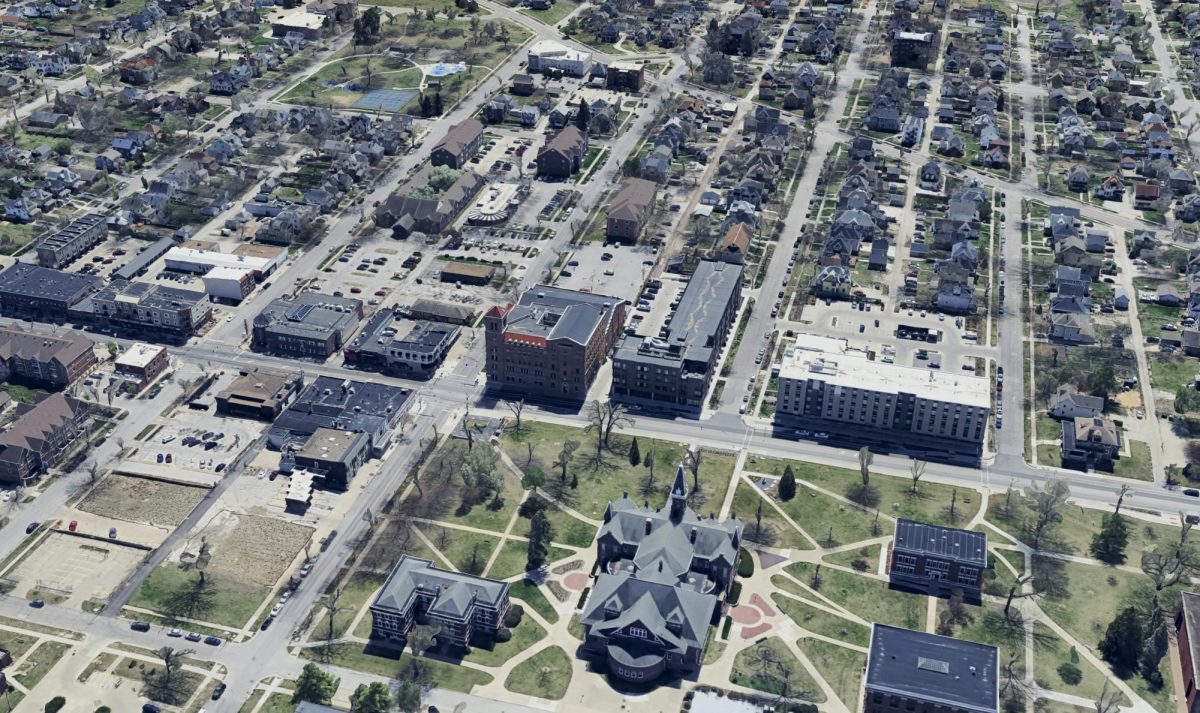As the sixth most common language in the world with over 200 million estimated speakers, according to al-bab.com, the Arabic language is spreading from the Middle East and Northern Africa to all around the globe, and the number of speakers grows every day. Here at Drake University, Arabic is offered in the language department focusing on grammar, small class sizes and expanding vocabulary.
“Drake really gets some things right, specifically, the focus on learning the alphabet and the initial focus on conversational speaking skills,” said senior Cody Austin. “The small classes are also an excellent idea.”
Students that often take Arabic are looking to learn a unique language.
“I started off as an international relations major at Drake,” said sophomore Julianne Klampe. “I decided to take Arabic because I tested out of most Spanish classes, and I wanted to continue taking a language. Arabic sounded really interesting to me.”
Despite the initial interest though, Drake’s current program seems to lag in regards to actually immersing students in the language.
“After the initial focus on conversational speaking skills, my classes focused on grammar and reading skills at the expense of building new vocabulary and truly mastering speaking skills,” Austin said. “In my experience with Arabic speakers, vocabulary is more much important to successful communication than grammar.”
Others can attest that the program could be improved.
“I am actually not a big fan of the Arabic language program at Drake,” Klampe said. “Last year, they had an immersion style class, and it was really hard for me and my fellow Arabic students to learn basic things like vocabulary and sentence structure. And we are paying for it this year. Sometimes I struggle to understand course expectations from my teachers. When I really want to improve, I study on my own.”
Despite problems in the program, students are still interested and yearn to learn more about the language.
“Arabic is a great mental exercise,” Klampe said. “I love learning the language because it’s fun and interesting and a nice break from my politics classes.”
The different sounds and reading from right to left instead of left to right appear to be the biggest adjustments to the language.
“Initially, the new sounds unique to Arabic were really difficult. Now I struggle a lot more with trying to remember proper verb conjugation,” Austin said. “(My favorite Arabic word is) Mushmushkilla, pronounced ‘mooshmooshkilla,’ it means “no problem.” Just try saying it, and you’ll understand why I love it.”
Coming from a different perspective, senior Haytham Mohamed is fluent in Arabic and agrees there are some difficulties with the language.
“Writing out letters would be the hardest part, some say it is more of drawing,” Mohamed said.
After studying abroad in the United Arab Emirates, Austin has conquered many of these initial challenges of Arabic and continues to learn more about the language and is pleased with the new updates to the language department at Drake.
“I’m not at a level where I can use my Arabic to do research or read news articles, but I’ve used it a lot when studying abroad and traveling in the Arab world,” Austin said. “I know that the university has recently hired a full-time Arabic professor and is exploring forming a partnership with an Arab university to allow Drake students to study abroad and do language immersion, which are both big steps in the right direction.”






